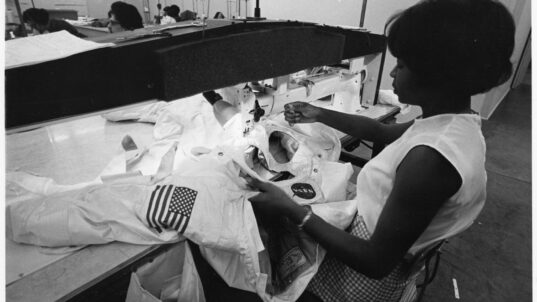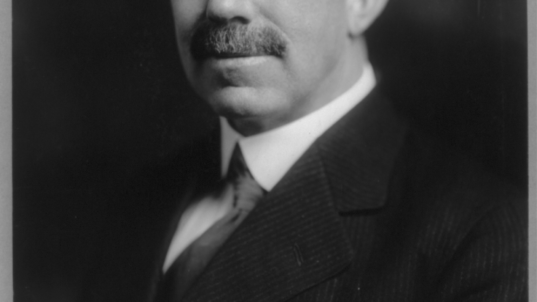By: Marc Erlbaum, founder of the Common Party
Originally posted on Medium and re-posted here with the author’s permission.
In the wake of the Parkland shooting, millions of people around the country are both anxious, and anxious to react. The frequency of mass shootings in the U.S. has brought us to a boiling point which demands some sort of definitive response. Students are organizing walk-outs in the coming weeks to signify their unwillingness to remain sitting ducks in an environment where, in spite of repeated school shooting events, no significant changes have been made to ensure their security.
The goal of the planned Walk Outs is to protest lawmakers’ inaction and press for strict gun reform. Simultaneously, there are those who suggest that while some form of gun reform is necessary, many other factors need to be addressed if we are to protect our children, and the Walk Outs are focusing too narrowly on an issue which is thorny, politicized, and complicated.
On Monday night, February 26th, Common Party convened community members at the Union Fire House in Philadelphia’s western suburbs to discuss the issues in a civil forum entitled “What Can We Do?: A Community Dialogue in the Wake of Parkland.”
Common Party is a non-political, social movement that is working to bring people back together in these divisive times through the celebration of our overwhelming commonality. The non-profit organization, based in Philadelphia, produces web content to promote the values of civility and tolerance, and conducts dialogue and speaker programming to increase trans-partisan interaction and understanding.
The event began with a moment of silence, both to honor the victims of Parkland and other mass shootings in America, and to set a tone for the conversation ahead.
“Silence may not be the best response to violence,” the moderator began, “but a few moments of it seems to be appropriate right now. We’ve all been subject to a lot of noise over the past 10 days since Parkland. We’ve heard a lot of yelling, condemning, demanding, and threatening. And that’s understandable because this is a time and issue of extreme urgency, and something does need to be done. But often in order to figure out exactly what to do, we need to start with silence. We need to listen to each other, to gather our thoughts, to explore many options, and to have humility in these very humbling times.”
A tone of civility was set early with an introduction and a set of conversation guidelines that stressed respect and restraint. Participants were asked to approach the dialogue as a group of people who are all in the same boat, and who all want the boat to get where it’s going without sinking. While the “passengers” have many different perspectives, none of them is intentionally trying to sink the ship, and each of them believe that his/her ideas make sense and are in the best interest of everyone else on the boat.
It’s fine to question each others’ judgment, it was suggested, but we should not question each others’ motives. People are far less likely to listen when we tell them they’re evil or stupid, and we are far more likely to come to an actionable consensus if we work to find the validity and rationale in each others’ perspectives even when we disagree.
Throughout the following hour and half, participants were led through a series of questions, beginning with ice breakers that established basic human connection, and culminating with a brainstorm on what can be done to address the epidemic of mass shootings in our country.
Asked what it is that they love about America, participants created a list that included: diversity, liberty, geographic beauty, opportunity, democracy, the value of life, and the beauty of the melting pot. To the subsequent question of what they like least about America, participants listed: extremism, lack of civility, proliferation of violence and fear of the other, distrust of institutions, disagreement on facts, intolerance, demonization, toxic anger, media bias, and political corruption.
In the brainstorm on potential solutions to mass shootings and school violence, the discussion covered common topics like gun control, mental health, school security, and communication training. No revolutionary breakthroughs were reached, and no “silver bullet”answer surfaced that would instantly resolve the many issues that we are facing as a country.
Yet the conversation proceeded with civility and courtesy. Participants with opposing views were allowed to express themselves without fear of attack or reprisal. While opinions may not have been changed, they were articulated freely and calmly, and there was a clear sense of camaraderie and the awareness that we are all in this together.
One participant commented that it reminded him of frequent conversations with his wife when problems arise and he quickly jumps to remedy them. “I don’t need you to solve the problem,” his wife often reminds him, “I just need you to hear me.”
While the walk-outs and protests that are planned in the coming weeks may be an effective and necessary way to bring attention and action to an issue that has been far too long neglected, Common Party is urging that we simultaneously “Walk In” to a conversation with a diverse group of our peers that will enable us to both learn from one another and to provide the comfort of knowing that we are here for each other in these difficult times.
Join the movement for commonality, civility, and unity at Common Party, www.thecommonparty.com



